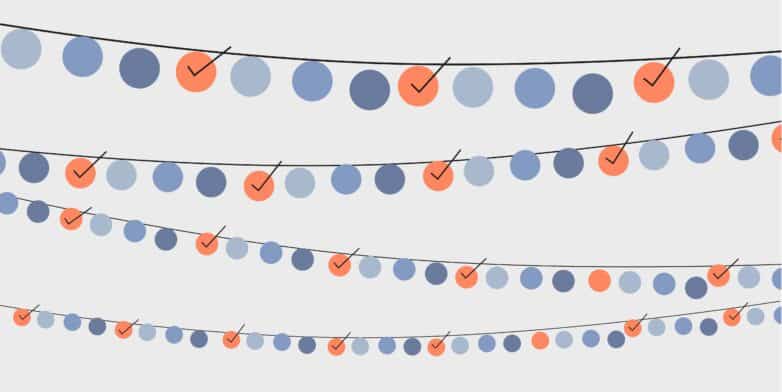Data Analysis
Survey Reveals Strong Consumer Loyalty and Willingness to Spend More
Brands Offered Insights on Strategies to Boost Brand Engagement and Drive Retail Sales
Slow data is the knowledgeable expert that identifies patterns and makes decisions based on historical information. But by adding fast data to the mix, you can create a truly effective marketing strategy - one that continually adapts to player needs and treats them like individuals. Here are a couple of use cases to illustrate the point …
As marketers deal with unpredictability in consumer spending, rising market costs, and the need to deliver better ROI on marketing efforts, our survey reports on how marketers are grappling with this crucial question. The survey also explores other key topics like automation, personalization AI, challenges in adopting new technologies, leveraging first- and zero-party data, benefits of customer-led marketing and more.
Optimove surveys revealed consumer spending increased slightly in March despite mixed job market signals, interest rate rises, and persistent inflation. Our advice for marketers, however? Don’t take your eyes off the loyalty, relevancy, and personalization balls
Taking a closer look at your data is crucial, as long as you know how to put the information to good use. We gathered the best insights from current Optimove users to help you better personalize your communications and optimize your business.
The short answer? Yes. How do we do it? By leveraging vast amounts of customer data, driving personalized experiences, boosting retention, increasing customer lifetime value, and more. What about some real-world use-cases and actionable insights? Thought you’d never ask
When fighting for the loyalty of your customers, should you rely on front-line intelligence or put your efforts towards a robust dedicated central intelligence unit?
To win in worlds of infinite options, you need the best of both: human intelligence to limit the first cut of possibilities, and a self-learning machine algorithm which can then execute, compute and analyze far better than any human






